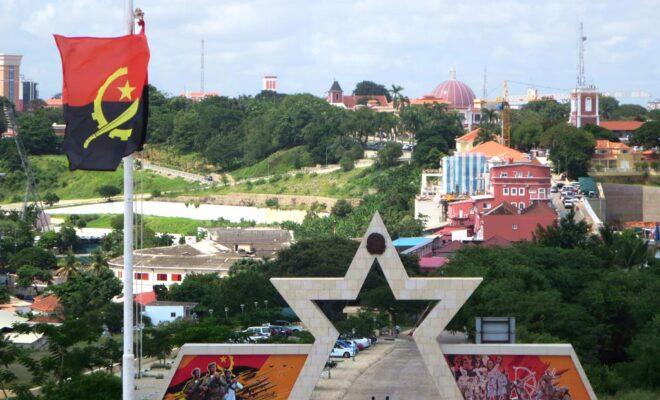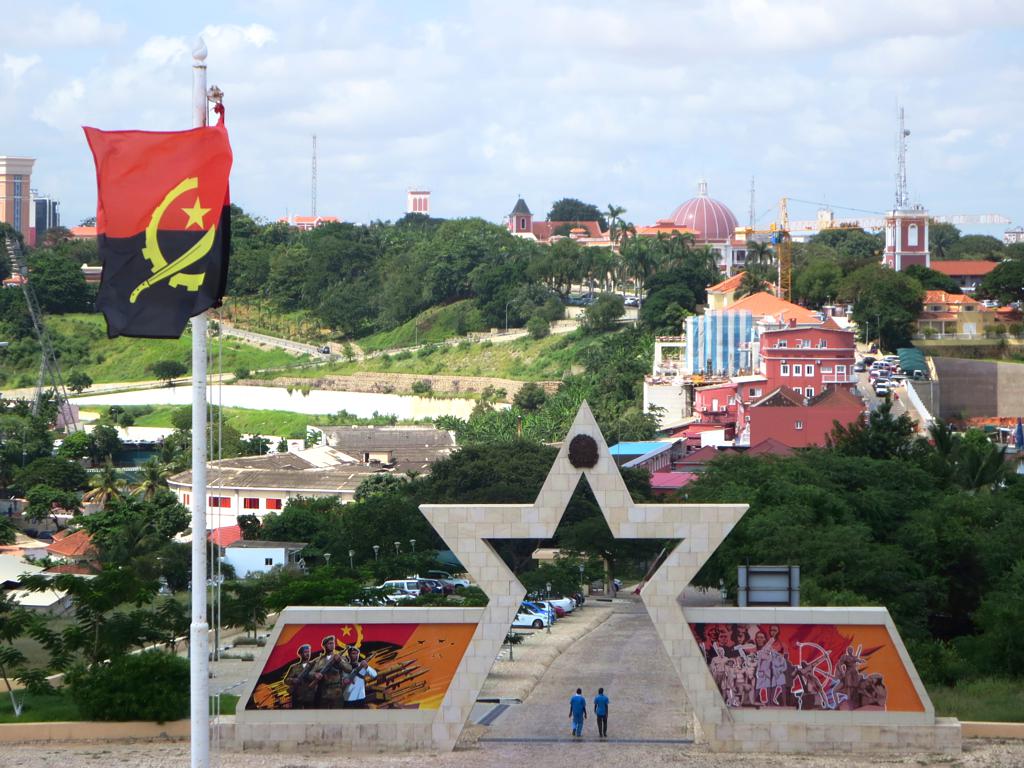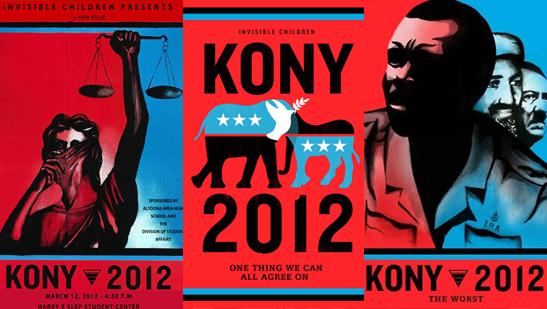The real winners of Angola’s election

The electorate’s popular will may have been defied by the MPLA’s victory, but the people were more organised, engaged and vigorous than ever before.

The Cidade Alta in Luanda, Angola. Credit: David Stanley.
As the National Electoral Commission proclaimed the incumbent MPLA the winners of the 24 August elections, the streets of the capital Luanda were quiet. The ruling party leaders posed for awkward photos and flashed victory signs, seemingly aware of how deeply unpopular they are. But around Angola, no one really cheered. Half the country seethed.
These were by far the closest elections in Angola’s history – the MPLA officially winning 51% to the opposition UNITA’s 44% – but they were also the most consequential for another reason. Although the MPLA was declared the winner by the partisan institutions they themselves control – namely the Electoral Commission and the Constitutional Court (which bizarrely doubles as the Electoral Court) – the real victors were Angola’s civil society and their youth. Never have I witnessed such vigour, sense of history, and organisation among Angola’s electorate. Many started participating in the election months before a single vote had been cast and continued to do so weeks after the results were made official.
The significance of this requires an understanding of Angola’s unique political system, which is dominated by the ruling party and not designed for political change. The MPLA, in power since independence in 1975, has absolute control over government institutions and the state media; Adalberto Costa Júnior, UNITA’s popular leader, wasn’t interviewed a single time before or after the elections on state outlets. Opinion polls are banned by law. Political participation and discussion are actively discouraged: there was not a single debate between the presidential candidates. And the elections themselves can’t really be called presidential elections: the public votes for all 220 MPs and the president, who is the first name on the closed list of parliamentary candidates, with a single stroke of their pen.
It is in this context that the MPLA easily won Angola’s first post-war elections in 2008 with over 82%. It then won the 2012 elections after unilaterally changing the constitution in 2010. But from 2012, a curious thing began to happen: the Angolan electorate, once so enthralled with MPLA’s narrative of peace, began to change.
The birth rate continued to explode and demographic change accelerated. People moved from the countryside to the cities in search of work and better living conditions, and found neither. At the same time, a generation saw transformational oil wealth evaporate before their eyes into offshore bank accounts, yachts, and houses in Portugal. The MPLA’s legendary corruption, among the worst in the world, showed itself to be boundless. And instead of addressing pressing issues like providing half-decent healthcare or basic education, the government used repression indiscriminately as the state securitised itself more and more.
By the time the 2017 elections rolled around, the electorate had had enough. Even the MPLA sensed this and removed President José Eduardo dos Santos from the ballot after 38 years in power. In his place came his comrade João Lourenço, who, after starting brightly and gaining notable approval from civil society, failed to keep any of his promises. He reverted to the same undemocratic, authoritarian habits of his predecessor.
By the August 2022 elections, the electorate was vastly different from a decade earlier. Over 70% of the population was less than 30 years old had no memory of Angola’s destructive civil war. MPLA’s rhetoric, steeped in revanchism and Cold War-speak, had little resonance. Although discouraged officially, political debate was rife in the streets and homes, and citizens were engaged with the unfair electoral laws hastily approved in parliament. Discontent was at an all-time high. The youth seized their moment. This February, a civil society group called Movimento Cívico Mudei began conducting monthly polls that showed UNITA holding a ten-point lead. It made for such unsettling reading that the government banned polls by decree in July. But the damage had been done.
Weeks before the election, a movement began to take shape: spearheaded by Costa Júnior, citizens were encouraged to “protect their vote”. “Vote and sit”, the UNITA leader explained. “Make sure that your vote is counted in each polling station.” By law in Angola, each polling station must post the voting summaries on their door. This rule hadn’t been enforced in the previous elections, but this time, the youth insisted. Nonetheless, many electoral officials refused to post the results as required and, in some cases, destroyed voting summaries.
In Luanda, where the MPLA lost heavily, the ruling party began to panic as the scale of their defeat was made clear in the hours after the vote. In a bizarre, hastily arranged press conference held in front of a virtually empty room, the National Electoral Commission president announced the first preliminary results: with 33% of the vote counted, MPLA held a 30-point lead over UNITA. No other details were given. Social media erupted. A couple of days later, perhaps owing to public pressure, the count was amended: suddenly, MPLA’s majority was much slimmer, leading with 51% to UNITA’s 44%. These results were eventually made official.
UNITA contested the results. But as expected, the Constitutional Court, packed with MPLA loyalists, dismissed their concerns. The judges proved once again that Angola’s institutions are weak and unreliable, prone to political manoeuvrings. To a generation that had harboured even faint hopes that Angola’s judicial system could put itself above party politics, this was a devastating blow.
On 15 September, President Lourenço will be sworn in as Angola’s president once again, but he will do so as an unpopular head of state presiding over an electorate that, for the most part, see him as illegitimate. About half the country voted against him, as shown by parallel counts done by both UNITA and Movimento Cívico Mudei. Lourenço may stay as president, but nothing will be as it was. Civil society will be even more engaged than before. Many are even forcefully calling for UNITA not to take their seats in parliament.
Years of MPLA rule have taken their toll on the Angolan people. They now have more power than ever before, though they may have to wait until 2027 to exercise it at the ballot box. Lourenço may have won in 2022, but he also lost. The people may have lost the election, but in many ways, they were also the real winners.






